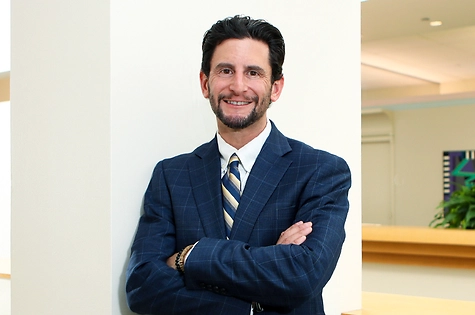9th Cir. Reaffirms Trial Court's Expert-Testimony Gatekeeping Role
Author: Attorney David Dobin
A recent case out of the Ninth Circuit highlights the important gatekeeping role of a trial court in reviewing and analyzing the relevance and reliability of expert testimony. In Estate of Barabin v. AstenJohnson, Inc., 10-36142, 2014 WL 129884 (9th Cir. Jan. 15, 2014), the en banc court reversed a multimillion dollar jury verdict for the plaintiff who alleged that dryer felts manufactured by the defendants caused the plaintiff to suffer from mesothelioma.
Prior to trial, the plaintiff offered two experts to prove that the defendants' products caused the plaintiff's mesothelioma. The defendants moved in limine to preclude both experts from testifying and to exclude any testimony on the theory that “every asbestos fiber is causative."Despite expressing doubts about the relevance and reliability of the experts' testimony and the "every exposure" theory, the district court admitted the expert evidence. Specifically, the court allowed the plaintiff to present the experts' testimony even though the court did not make any findings as to the scientific validity of the testimony or the methodology used by the experts, did not assess the relevance of tests conducted by one of the experts despite “marked differences” between the test conditions and the "actual conditions of the mill" where the plaintiff worked, and did not resolve a dispute as to the validity of the "every exposure" theory, but still admitted testimony about the theory "[i]n the interest of allowing each party to try its case to the jury."
After the defendants appealed and three judges of the Ninth Circuit agreed with the defendants, the en banc court unanimously held that that the "district court abused its discretion by admitting the expert testimony without first finding it to be relevant and reliable under" Daubert v. Merrell Dow Pharm., Inc., 509 U.S. 579 (1993). The court reasoned: "Just as the district court cannot abdicate its role as gatekeeper, so too must it avoid delegating that role to the jury."
As for the remedy for the district court's error, a majority of the en banc court, after noting that the expert testimony was crucial to the plaintiff's case, held that the defendants were prejudiced and the error was not harmless, and remanded for a new trial. The dissenting judges would have instead remanded the case to the district court to make post-hoc findings regarding the admissibility of the expert testimony.
In federal courts and courts in states that have adopted Daubert, this case demonstrates that trial-court judges are expected to explore the scientific validity of methods employed by experts and to make findings concerning the relevance and reliability of expert testimony before allowing it to be presented to a jury. For practicing lawyers, it serves as an important reminder that post-Daubert, expert testimony must be thoroughly tested and analyzed before it can be admitted at trial, and the consequences of a failure to adequately assess an expert's methods can be fatal to a party's claims.
Practice Areas
Attorneys
- Principal

